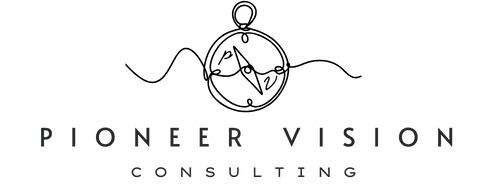Edit Content
Pioneer Vision Consulting is a Digital Marketing Agency that empowers small businesses with customized strategies for growth, operational excellence, and impactful marketing. Based in Bonney Lake, we’re committed to helping local entrepreneurs succeed and bring their vision to life.






